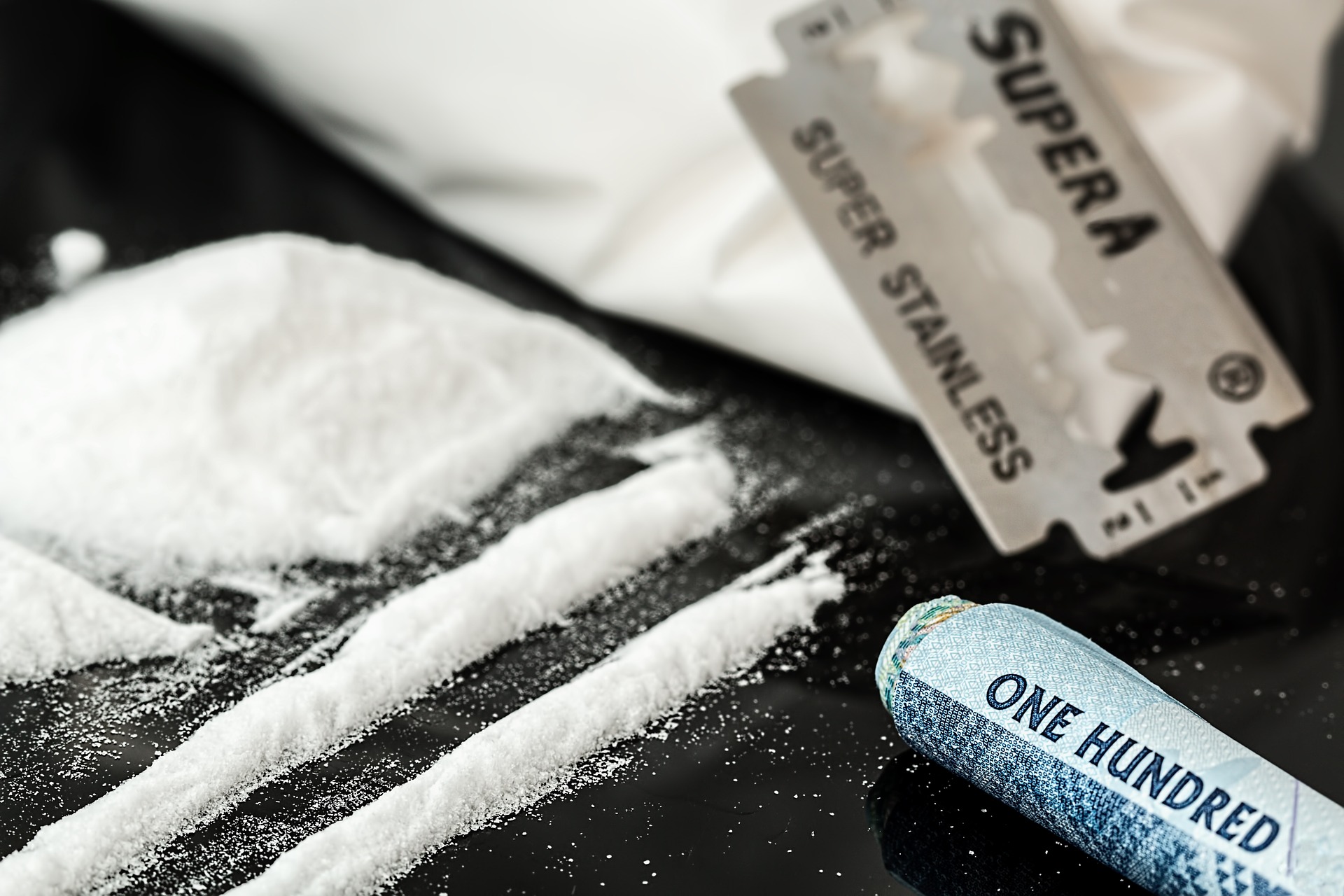D-Day is upon us and the Government is failing to win its war on drugs. As with wars fought in the psychical sense, the war on drugs is a sad tale of death and defeat. Promoting the false reality that the prohibition of drugs is working, the Government contends that its obstinate policy remains the right direction. But with the consistent rise in drug-induced deaths, it is hardly treasonous to say that the Government has once again, got it wrong.
Figures published by the National Office of Statistics in August have shown that drug-induced deaths in England and Wales have risen consistently from 2011, with an additional 1194 people dying in 2017. The significance of this alarming increase is brought into focus by Kate Tyrell, the executive director of the charity Addaction, who noted that the numbers dying from drug use are “two and a half times higher” than the numbers that die in road related accidents. Irrespective of other potential factors that may have contributed to this increase, what is clear is that the government’s strategy simply isn’t working. There are several angles for criticism when considering the current drug legislation, not least the prevention of the potentially widespread benefits of medicinal cannabis, but what I find most startling is that those suffering from addiction remain the enemy.
“With the consistent rise in drug-induced deaths, it is hardly treasonous to say that the Government has once again, got it wrong”
In the same measure that alcoholism is seen as a health matter, substance addiction is seen as a criminal one. Ironic in many ways when considering the similarly detrimental effects of alcoholism, the current legislation states that “drugs are illegal because scientific and medical analysis has shown that they are harmful to human health.” Fuelling the negative stereotypes associated with substance addiction, criminalisation shrouds those suffering from judgment, stigma and a series of obstacles that have made the road to recovery a much more difficult one to embark upon, let alone complete.
Moving further down the spectrum of drug use in England and Wales, there is also the question of the effect of the war on drugs on softer production and more casual consumption. A recent raid in a house near Moortown, Leeds, unveiled over 100 cannabis plants and suggests that the effect is nil. As has always been the case, the law is not an apt deterrent and that which is described by the government as ‘risky behaviour’ is rampant today, despite the possibility of prosecution. Hedonistic environments that facilitate substance use are so far removed from association with a legal consequence that the possibility fades into insignificance. A nineteen year old determined to try MDMA will not stop just because the government has said no and so, what is left, is an unregulated and potentially dangerous situation. Drugs don’t come with instructions or a list of ingredients. There isn’t a ‘rate my dealer app’ or a price comparison website, so the reality is no one knows what they’re taking.
With increasing incidents of teenagers and young adults dying at festivals and in nightclubs, the government must adjust to this reality and provide tools for safer substance use. I’m not suggesting it advertises cocaine or promotes the so-called ‘buzz’ of ecstasy, but this denial is to the nation’s detriment. Perhaps it should take note from the non-profit organisation, ‘The Loop’, that looks to challenge the archetypal response to substance use. The organisation provides drug safety testing, welfare and harm reduction services, as well as staff training on drugs awareness, and has received ample praise for pioneering an approach which is bound to save lives. Freddie Fellowes, the organiser of the Secret Garden Party, welcomed Loop’s services as a “vital part of hosting any event.” In short, more innovative approaches cannot be discounted and explicit Government failings should not be ignored.
“A nineteen year old determined to try MDMA will not stop just because the government has said no”
Though I can’t comment on the practicalities of legalisation or policy adaptation, something needs to change. If perhaps those suffering from addiction were given access to prescribed substances and say, drug safety testing was introduced on a broader scale, could fewer lives be lost? The answer is most probably yes. But until the Government accepts this 21st-century reality, it will continue to wage a very harmful battle.
Lola Brittain

